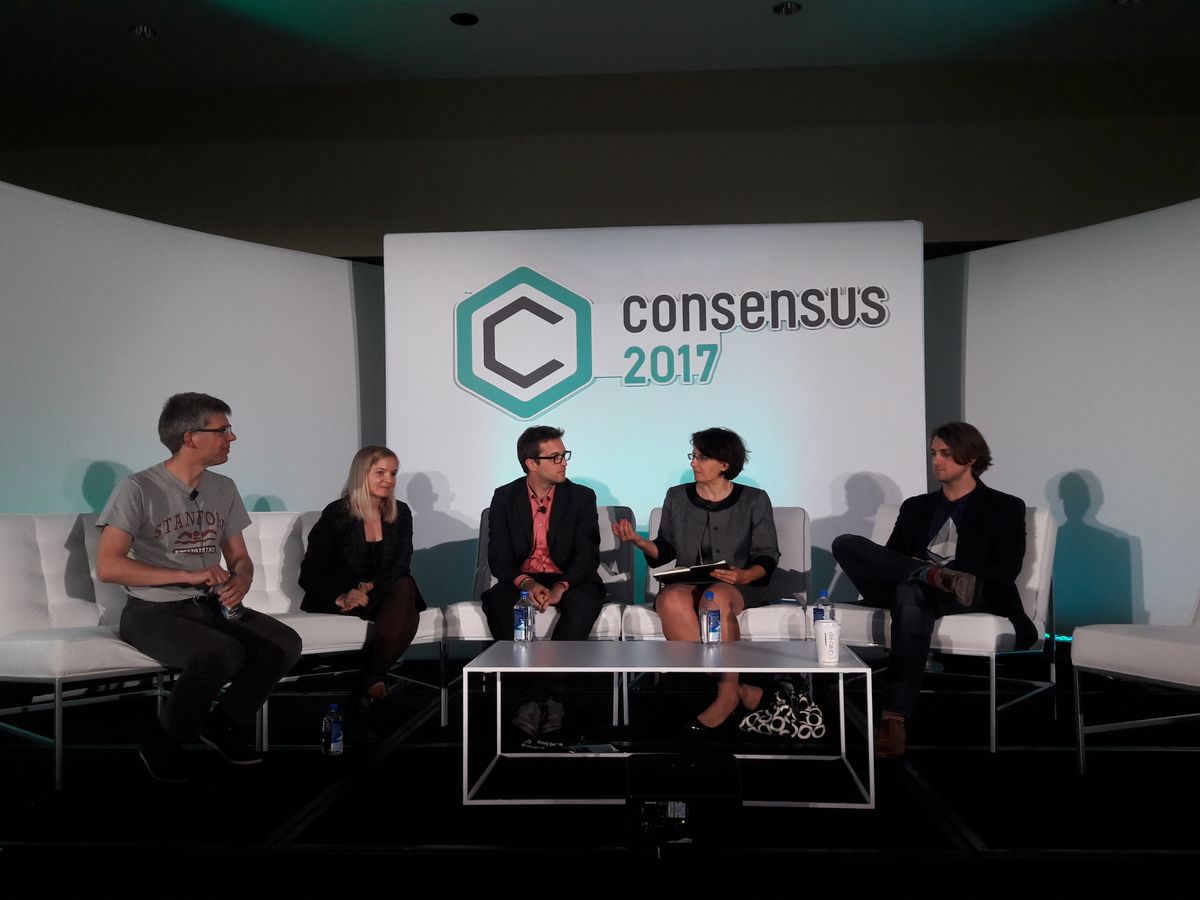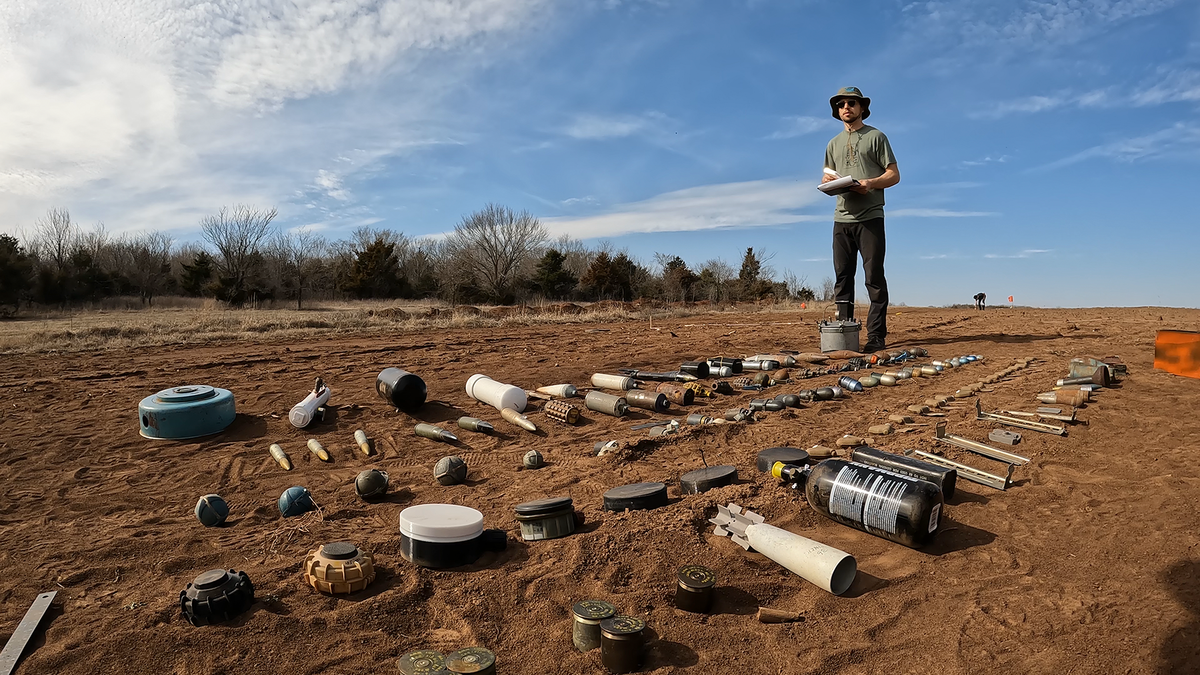Updated 25 May 2017
Enel, a multinational utility, is teaming up with Ponton, an enterprise software provider in Germany, to develop a decentralized market for energy wholesalers in Europe. Diego Dal Canto, an innovation manager at Enel, spoke about the Enerchain project, yesterday afternoon at the the blockchain-focused Consensus conference in New York City.
The goal of Enerchain is to create a blockchain-driven exchange that provides energy wholesalers with a way to list and sell expected future energy generation.
Dal Canto estimates that Ponton will deliver a prototype by this summer, and a functioning beta application by the end of the year. There are already more than 20 European traders signed up to use it, he says.
By listing and clearing exchange transactions on a blockchain, Enerchain has the potential to eventually obviate the software programs that currently mediate sales. These platforms, which typically charge fees for each sale, slice into the profit of energy traders. They also sequester valuable trading data behind proprietary walls. A decentralized market might recoup revenue for European energy providers while making pricing data available for anyone to see.
“The beauty would be to open the market to smaller players,” says Dal Canto.
However, the market is primarily intended to serve as a research project. Dal Canto, who shared the stage yesterday with a panel of blockchain enthusiasts, stood out as a conservative voice. After the event, he explained that he struggled to see use cases for blockchain technology in the energy sector.
For example, the oft-repeated idea that a blockchain should be used to coordinate sales between individual, residential producers of renewable energy, is much more complicated that it may seem, says Dal Canto.
“When it comes to smaller and even residential customers, there are many issues,” he says. “What about forecasting of consumption and generation. If you want to offer one kilowatt-hour generated tomorrow at five and you offer that and someone buys, you have to actually deliver. There is an issue of the physical delivery.”
The wholesale traders who will use the Enerchain exchange may be able to deal with that kind of risk. But it will be a rougher ride for people listing smaller sales.
While some startups are rushing into the blockchain space with elaborate schemes for disrupting the energy sector, Dal Canto is advocating restraint. Meanwhile, he has also announced the formation of a blockchain discussion platform at Eurelectric, an association of utilities that represents 32 countries in Europe. The group will begin with an analysis of the problems facing the industry and then move forward to look for ways that blockchains can help. The intention is to devise one strategy that unites as many people in the space as possible.
“We don’t have to make the mistake of reinventing the umbrella,” he says.
Editor’s note: Diego Dal Canto’s name was originally misspelled as Del Canto. IEEE Spectrum regrets the error.



